EDITORIAL
Published on 04 May 2022
Editorial: Role of Glial Cells of the Central and Peripheral Nervous System in the Pathogenesis of Neurodegenerative Disorders
doi 10.3389/fnagi.2022.920861
- 1,912 views
- 5 citations
25k
Total downloads
96k
Total views and downloads
EDITORIAL
Published on 04 May 2022
OPINION
Published on 24 Mar 2022

MINI REVIEW
Published on 28 Jan 2022

REVIEW
Published on 26 Nov 2021
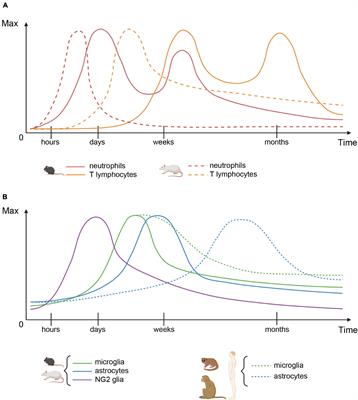
REVIEW
Published on 16 Nov 2021
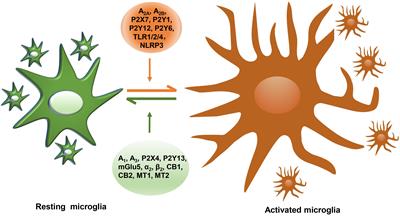
REVIEW
Published on 08 Nov 2021
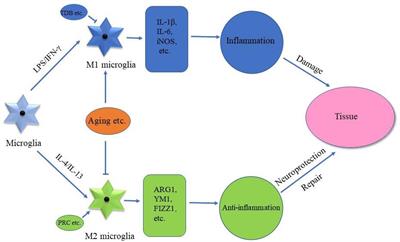
REVIEW
Published on 05 Nov 2021

ORIGINAL RESEARCH
Published on 29 Oct 2021
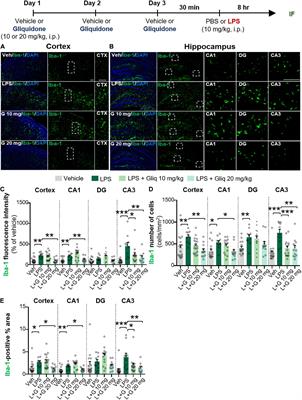
REVIEW
Published on 20 Oct 2021

ORIGINAL RESEARCH
Published on 03 Sep 2021

MINI REVIEW
Published on 02 Aug 2021
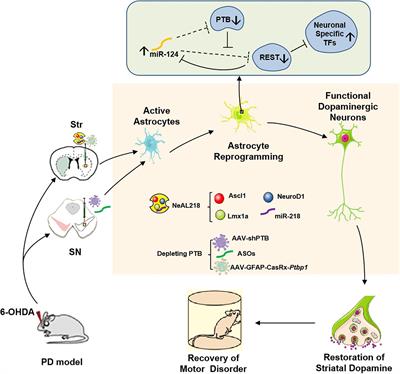
REVIEW
Published on 06 Apr 2021
